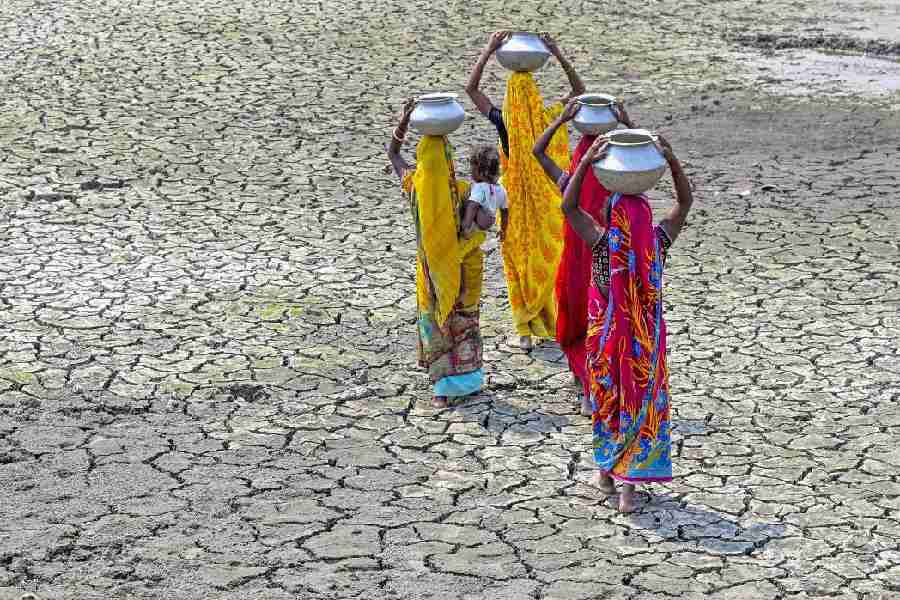Twenty-five of 35 planetary “vital signs” are at record extremes, a team of scientists said on Tuesday in a new report, warning about Earth’s escalating climate crisis and calling for urgent action to reverse drivers of climate change.
The 2024 State of the Climate Report by a 14-member international team has flagged record-breaking temperatures and sea levels, Antarctic and Greenland ice and average glacier thickness at all-time lows, and rising climate-linked disasters, including heatwave deaths among other concerns.
The report has assessed climate trends through what the scientists have described as planetary “vital signs” that are either drivers of global climate change or responses of the planet to these drivers.
Among the report’s key findings are record-breaking temperatures and sea levels in 2023, fossil fuel emissions at an all-time high level, exceeding 40 billion gigatons of carbon dioxide equivalent for the first time on record, unprecedented ice loss, and rising frequency of climate-related disasters.
The report has listed 16 climate-related disasters since November 2023, including cyclones, floods, wildfires, extreme rain episodes and unprecedented heatwaves, including one in India between April and July this year that had caused over 40,000 heat stroke cases and several hundred deaths.
As such pressures increase and the risk of Earth’s climate system switching to a catastrophic state rises, scientists have begun to research “the possibility of societal collapse”, the scientists said in their report published on Tuesday in the journal Bioscience.
“Climate change poses an existential risk with the potential to cause societal collapse if left unchecked,” William Ripples, distinguished professor at the Oregon State University in the US and a co-author, told The Telegraph via email.
The impacts of climate change have already displaced millions of people and have the potential to displace hundreds of millions or even billions more, leading to greater geopolitical instability, Ripples and his co-authors wrote in their report. By the end of the century, roughly one-third of people worldwide could be facing increased risk of illness and premature death, famine and a host of other adverse outcomes resulting from climate change.
The scientists said current policies had placed Earth on track for around a 2.7 degrees Celsius warming by 2100 since the pre-industrial age, far exceeding the 1.5 degrees Celsius as a target agreed by countries under the international climate pact in 2015.
The International Panel on Climate Change (IPCC), a UN scientific panel, has since 1990 through multiple reports collated evidence for climate change, cautioned about its impacts and called for actions to cap global warming.
“Despite six IPCC reports, 28 (UN climate change) meetings, hundreds of other reports, and tens of thousands of scientific papers, the world has made only very minor headway on climate change, in part because of stiff resistance from those benefiting financially from the current fossil-fuel based system,” the 14-member team said in its report.
“Worryingly the key driver of climate change — fossil fuel emissions — have climbed to an all-time high,” said Jens-Christian Svenning, professor and director at the Centre for Ecological Dynamics in a Novel Biosphere, Aarhus University, Denmark. “Other climate-change drivers such as human population, ruminant population and per capita meat production are also at all-time highs.”











